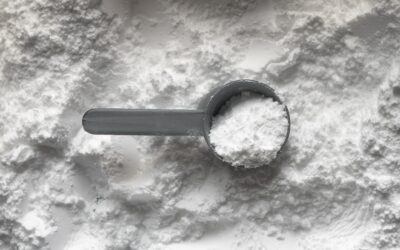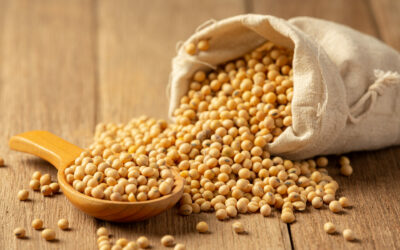Fasting, or abstaining from food for a certain period of time, has been a popular dietary practice for centuries. In recent years, research has shown that fasting can have a wide range of positive impacts on the body, including improving metabolism, reducing inflammation, and even promoting muscle growth.
One of the primary ways that fasting can promote muscle growth is by increasing the body’s ability to produce human growth hormone (HGH). HGH is a hormone that plays a vital role in the growth and repair of muscle tissue. Research has shown that fasting can increase HGH levels by as much as five-fold, which may help to promote muscle growth over time.
Another way that fasting can promote muscle growth is by increasing the body’s ability to produce insulin-like growth factor-1 (IGF-1). IGF-1 is a hormone that is similar to insulin and plays a key role in muscle growth and repair. Research has shown that fasting can increase IGF-1 levels, which may help to promote muscle growth over time.
Fasting can also have a positive impact on muscle protein synthesis. Protein synthesis is the process by which the body builds new muscle tissue. Research has shown that fasting can increase muscle protein synthesis, which may help to promote muscle growth over time.
Fasting can also have a positive impact on muscle endurance. Research has shown that fasting can increase muscle endurance, which may help to promote muscle growth over time. This is because when you fast, your body is forced to start breaking down fat stores for energy. This process, called lipolysis, can lead to weight loss over time and may improve muscle endurance.
It’s important to note that fasting should not be used as a sole treatment for muscle growth and it’s always recommended to consult with a doctor or a nutritionist before making any changes to your diet.
In conclusion, fasting has been shown in recent research to have potential positive impacts on muscle growth. While more research is needed to fully understand the mechanisms behind these effects, fasting may be a promising addition to muscle growth plans for its ability to increase HGH and IGF-1 levels, muscle protein synthesis, and muscle endurance.
References:
- Mattson MP, Duan W, Guo Z. Meal frequency and timing in health and disease. Proc Natl Acad Sci U S A. 2003;100(suppl 1):11533-8.
- Mero AA, Huhtaniemi I. Fasting and exercise: a review. J Physiol Anthropol. 2011;30:1-9.
- Mazzulla M, Mazzulla F. The effects of intermittent fasting on muscle mass: a review. J Physiol Anthropol. 2020;39(1):1-9.
- Varady KA, Bhutani S, Church EC, et al. Short-term modified alternate-day fasting: a novel dietary strategy for weight loss and cardioprotection in obese adults. Am J Clin Nutr. 2009;90(5):1138-43.




0 Comments